Emma Hassencahl - Perley
✥ Wolastoqey Visual Artist & Curator ✥

About the Artist
Emma Hassencahl-Perley is a Wolastoqey visual artist, curator, and arts writer from Neqotkuk (Tobique First Nation), New Brunswick. She earned a Bachelor of Fine Arts from Mount Allison University in 2017 and completed a Master of Arts in Art History at Concordia University in 2022. She currently serves as Curator of Indigenous Art at the Beaverbrook Art Gallery in Fredericton, New Brunswick.
Her multidisciplinary art practice includes painting, murals, beadwork, and digital illustration, and reflects her identity as an ehpit (woman) and Wolastoqiyik citizen of the Wabanaki Confederacy. Her work engages themes of water, language, floral beadwork patterns, the cosmos, and digital culture through the double-curve motif—a recurring form in Wabanaki beadwork, birchbark etching, and textiles. This visual language references cycles of life, kinship, and nationhood, and forms the cultural foundation of her practice, connecting Wabanaki material culture with contemporary digital storytelling.
Emma has completed mural projects across New Brunswick and Maine, and in 2023 was one of four artists selected by Mawi’Art and Hockey Canada to create painted hockey sticks gifted to players at the IIHF World Junior Championship. Her work has been exhibited nationally and internationally at venues including the Winnipeg Art Gallery, the Portland Museum of Art, the Abbe Museum, SOFA Chicago, and La Biennale d’art contemporain autochtone (BACA).
As a curator, Emma has led and co-led exhibitions including Everything is Gonna Be Fine: Celebrating the 50th Anniversary of the New Brunswick Art Bank (2018), Wabanaki Modern (2022), BACA: Creation Stories (2023), and Epekwitk Quill Sisters: Etleoogoeiog (Talking Together) (2024). Her curatorial practice is grounded in responsibility to community and regional Indigenous art histories, with a focus on artists from the Wabanaki Nations—Wolastoqiyik, Mi’kmaq, Passamaquoddy, and Penobscot. She prioritizes the work of Indigenous women and 2Spirit artists, whose contributions have often been marginalized within dominant art historical narratives. This approach is informed by the writing of Métis art historian Sherry Farrell Racette and the art and activism of Wolastoqey artist and poet Shirley Bear, both of which shaped her graduate research.
Recent Murals and Projects

Atlantic Institution
Tradition and Transitions, arcylic on canvas (2025)

Hampton Multipurpose Centre
Wabanaki Impressionism, acrylic on canvas (2025)
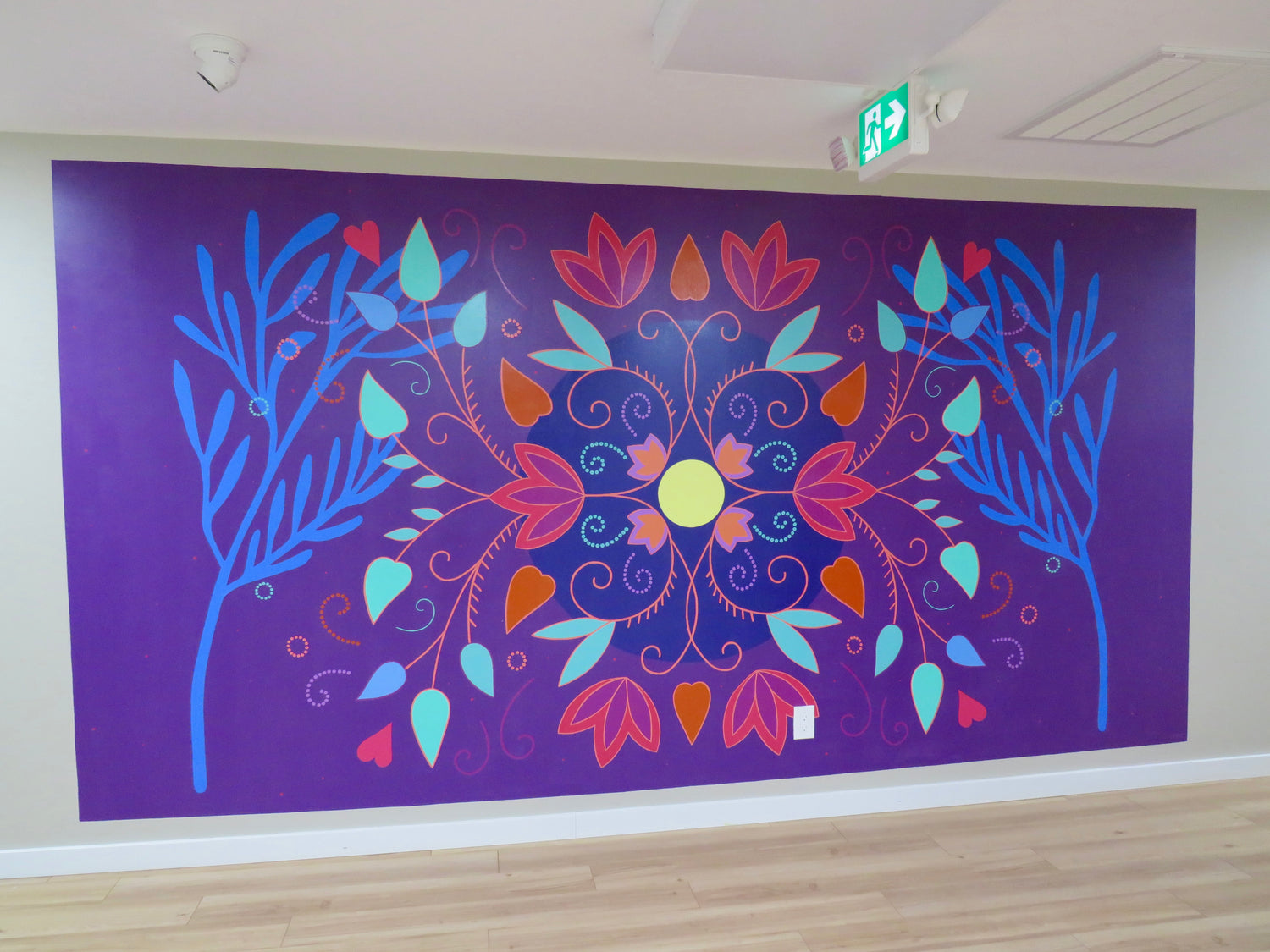
tobique day care
kehkimane knicannuk weci-woli-acehtuhtit skitkomiq (let us teach our children to change the world) (2024)
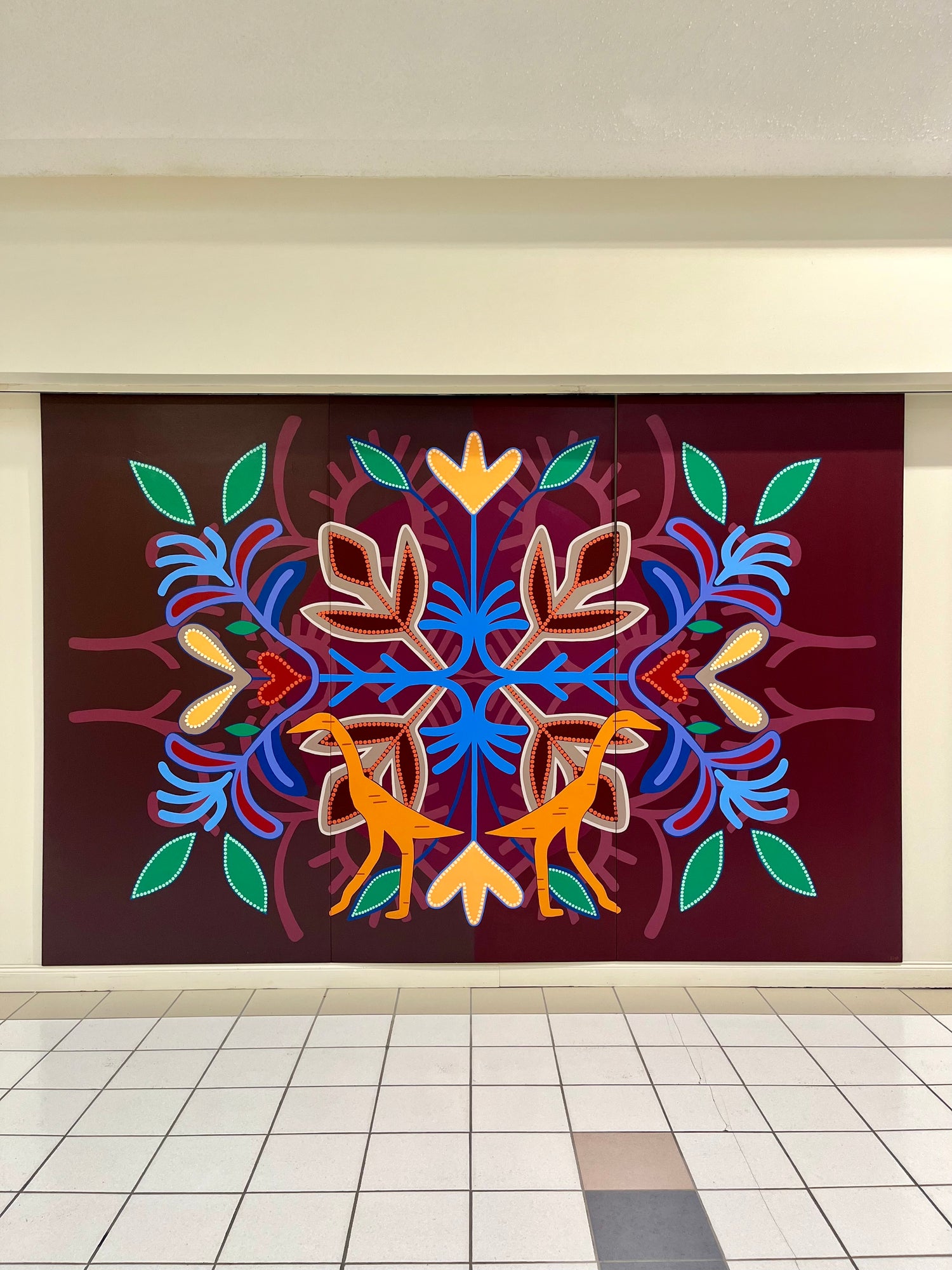
Ulnooweg X jedi x masdtercard foundation
Birds of a Feather, 2024
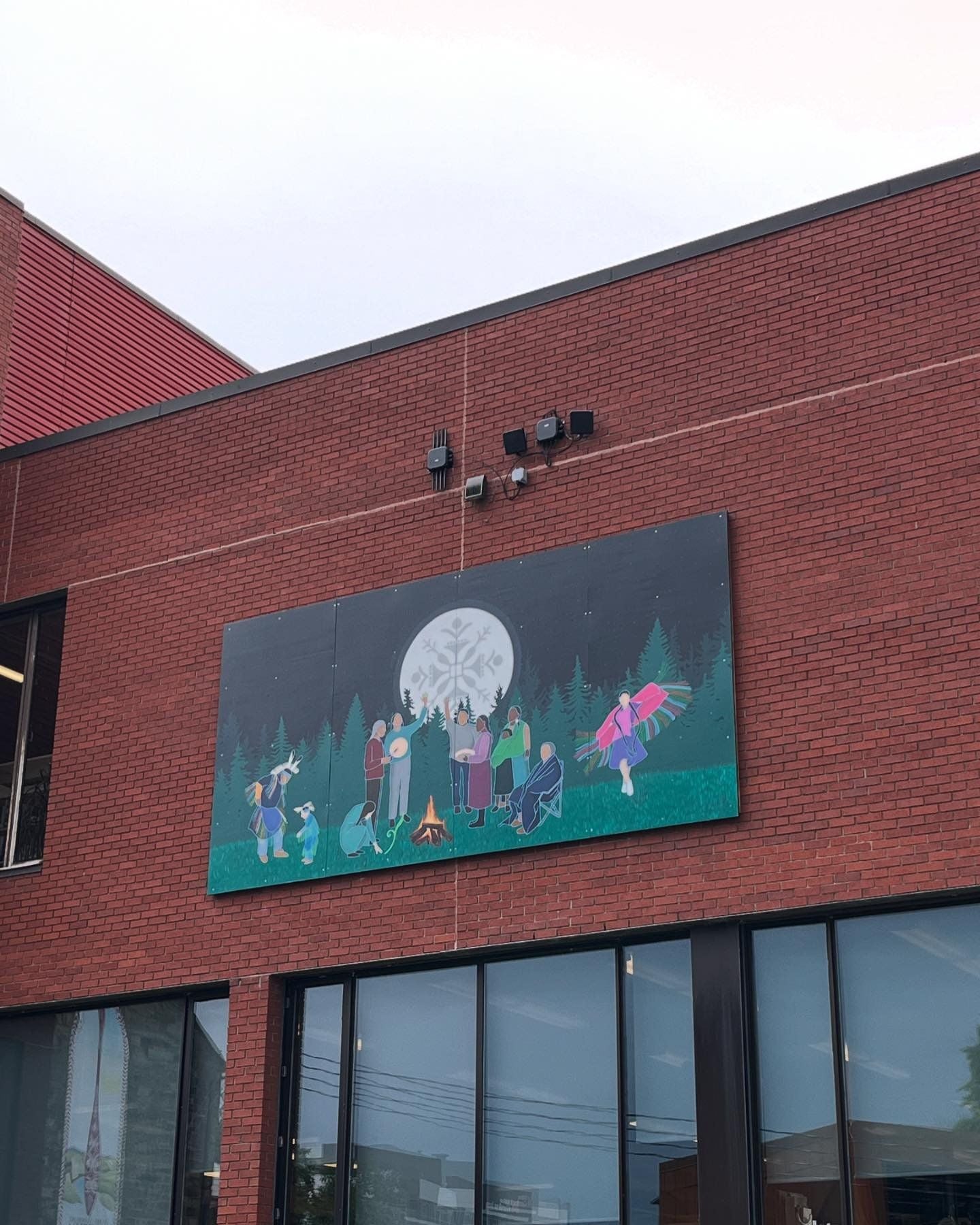
Beyond Behaviour X Fredericton public library
mawiyamok (a gathering), (2024)
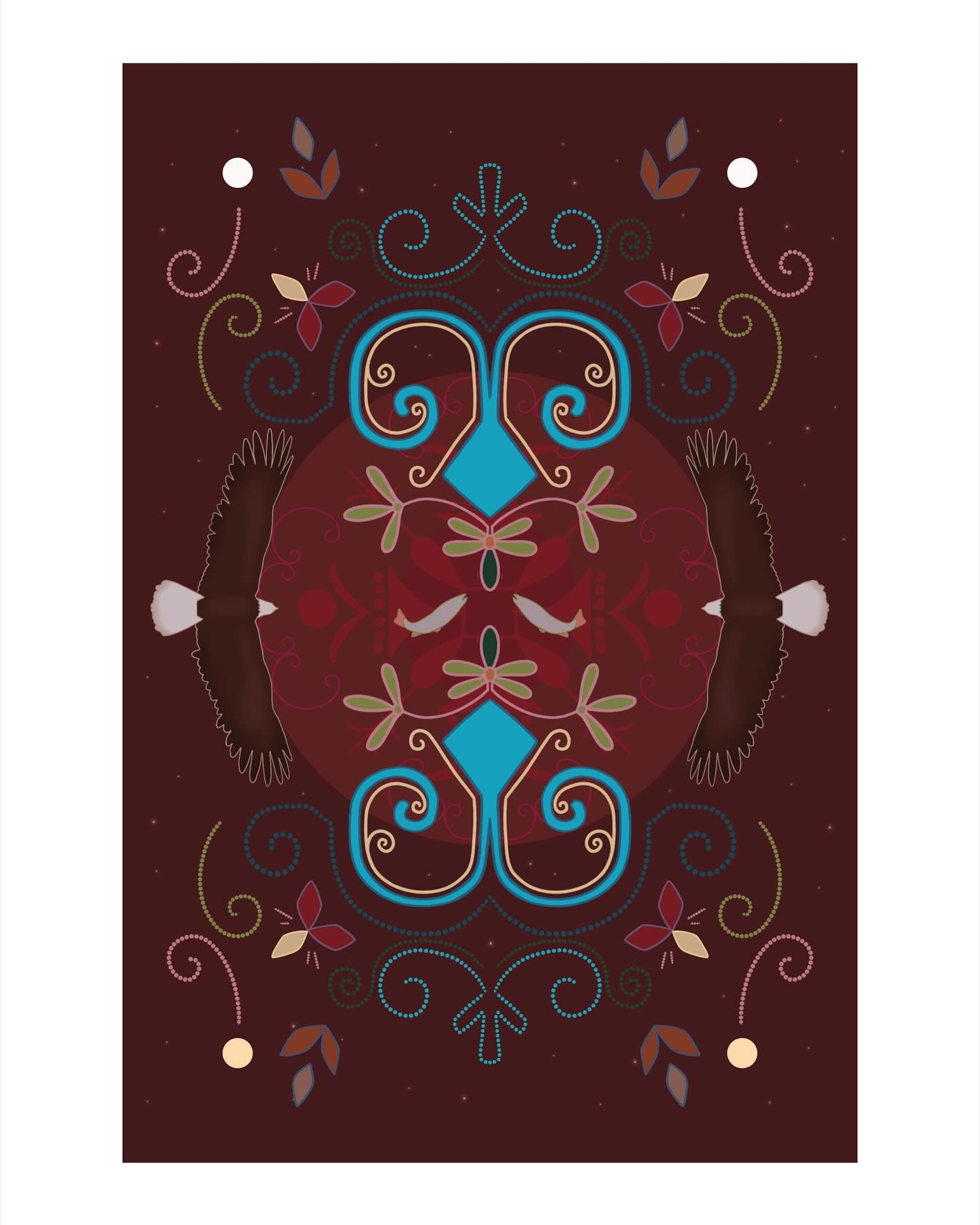
SAINT JOHN CITY HALL COMMISSION
Menahqesk (where the sea takes the land), (2024)
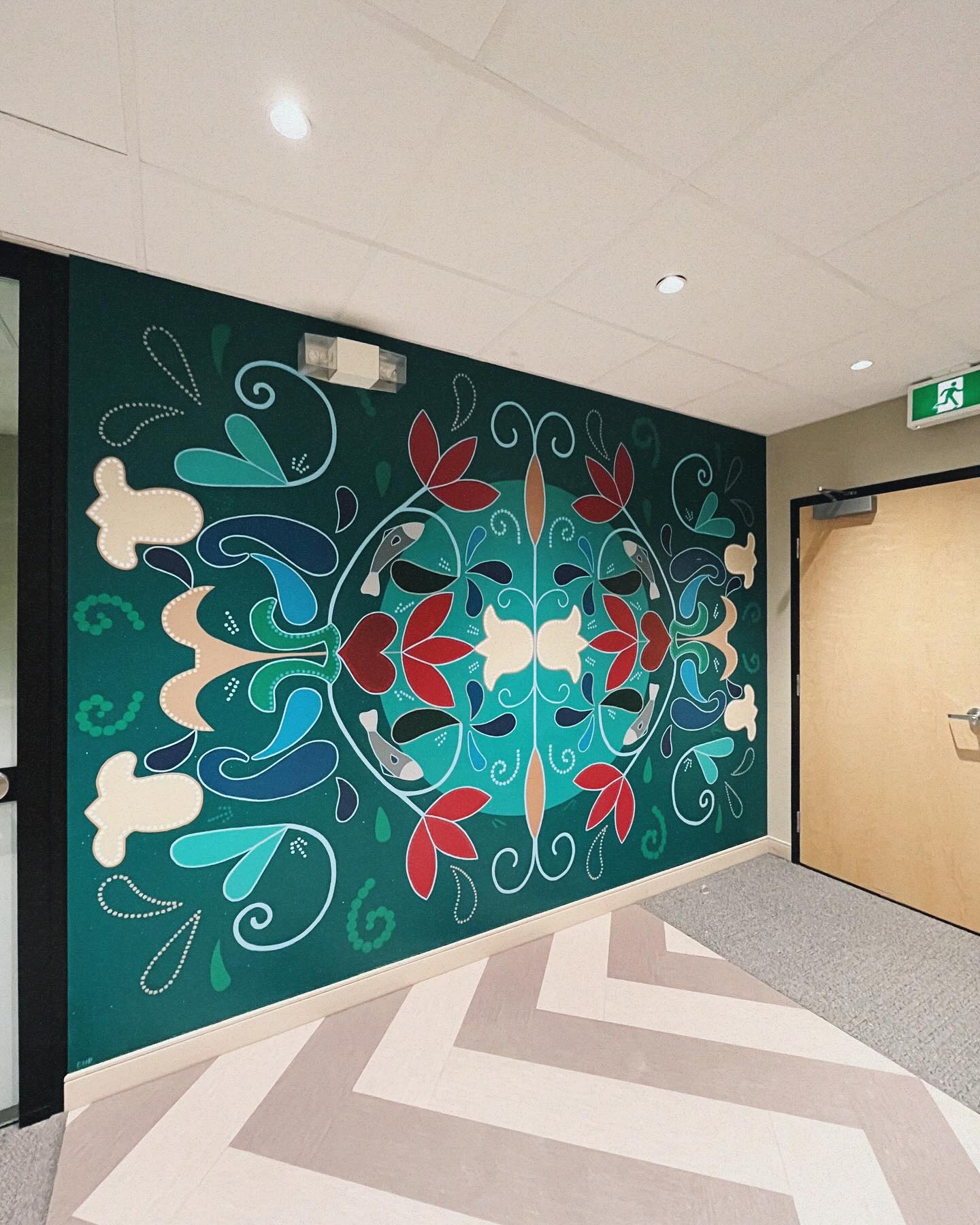
Wolastoqey Tribal Council
"Wolastoqewiyik Nilun (We Are the Wolastoqey Peoples of the Beautiful, Bountiful River)", (2024)
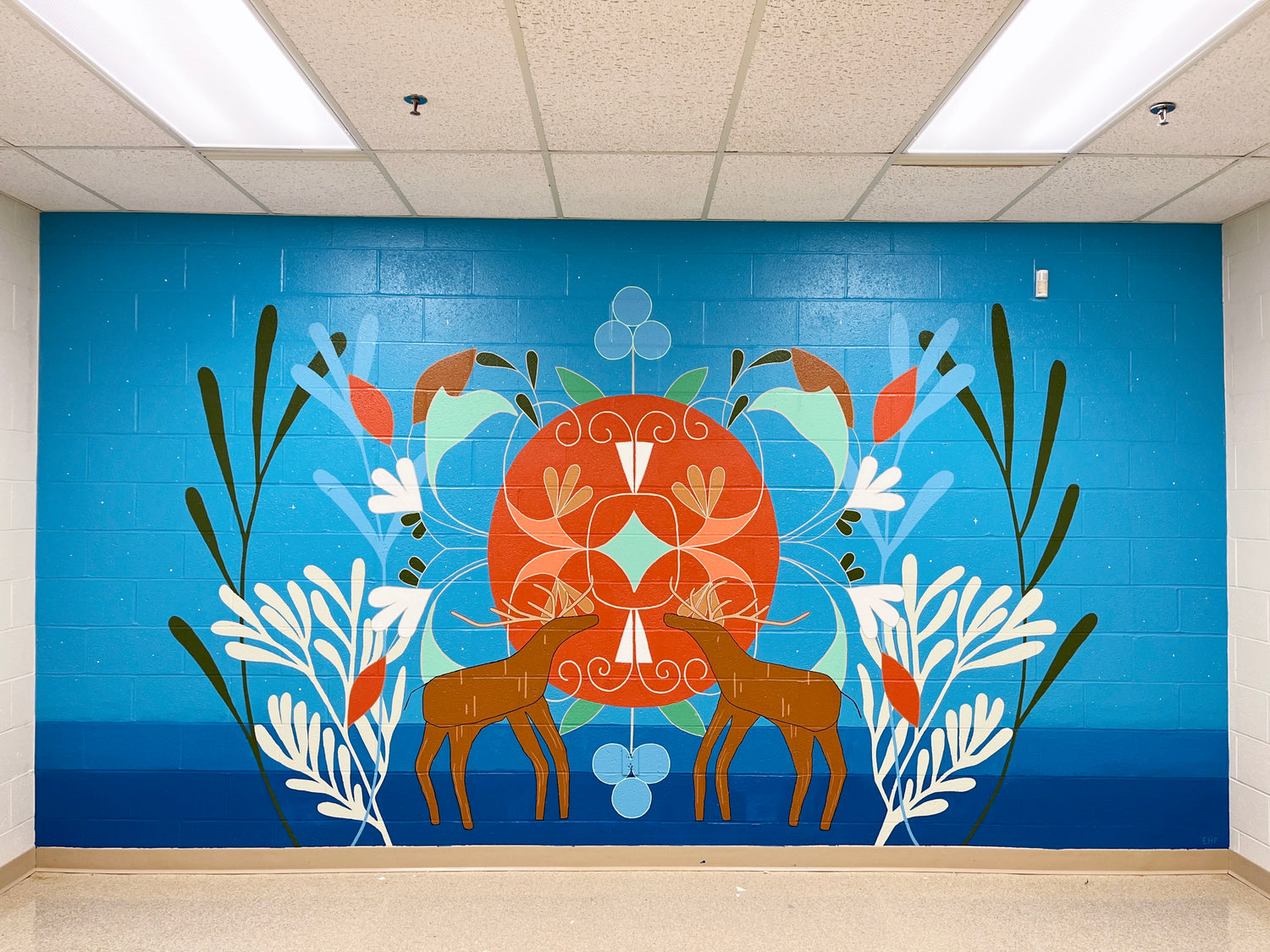
Maritime college of forest technology
Abundance, (2023)
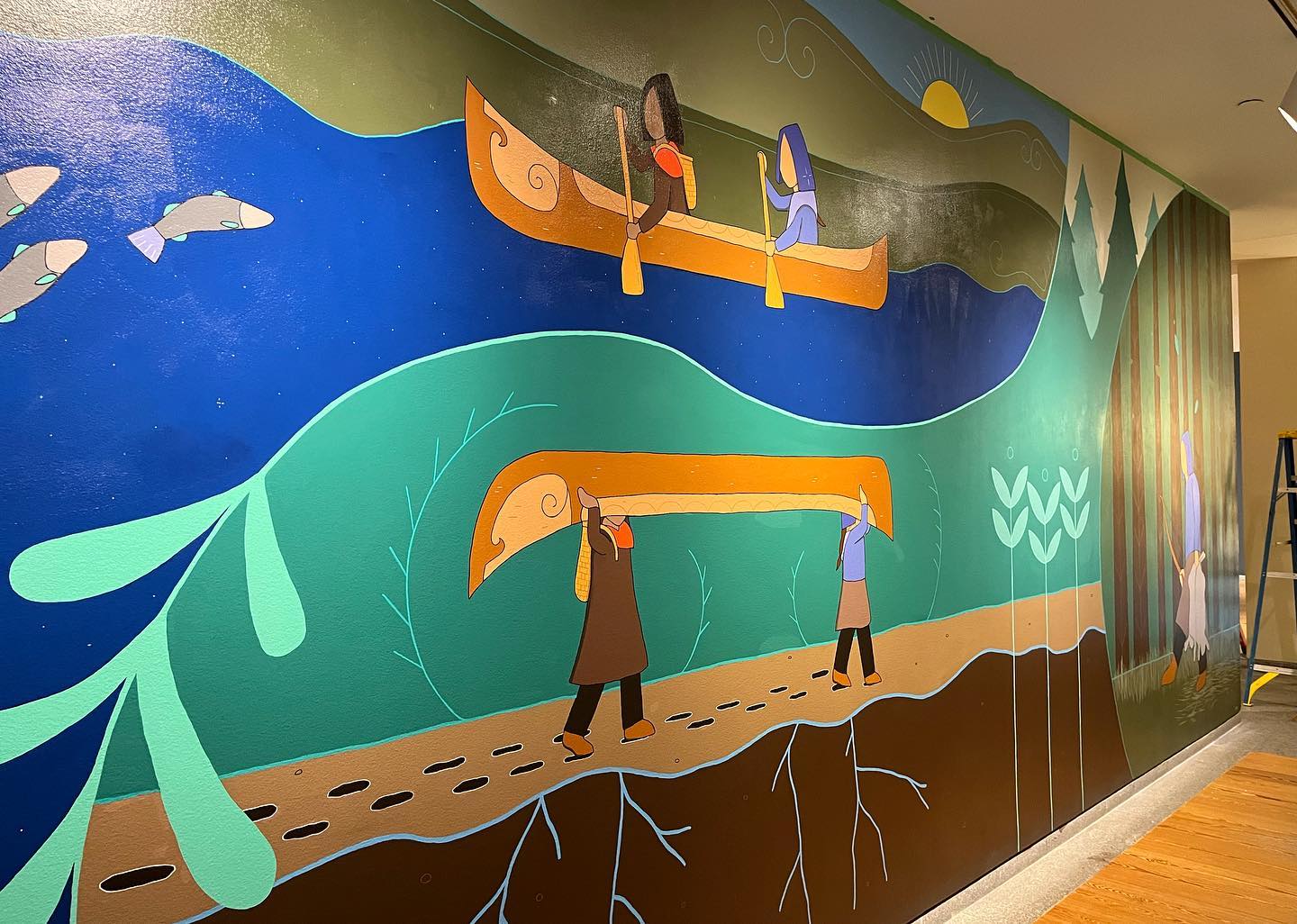
Portland museum of art (me)
Wesuwe-tpelomosu (Self-determination), (2023)
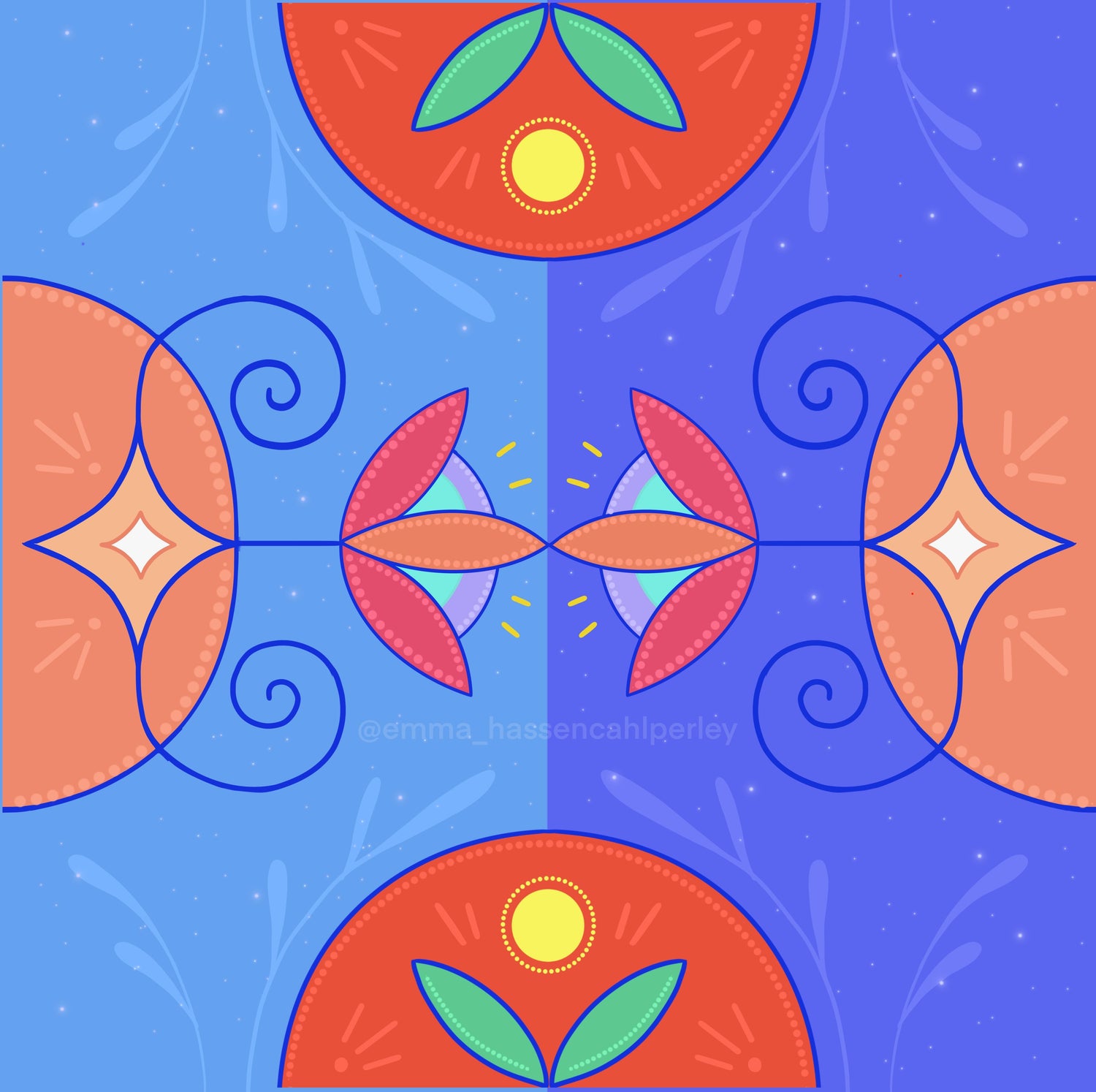
Fredericton high school
Possesomuwihke (there are many stars in the sky), (2023)
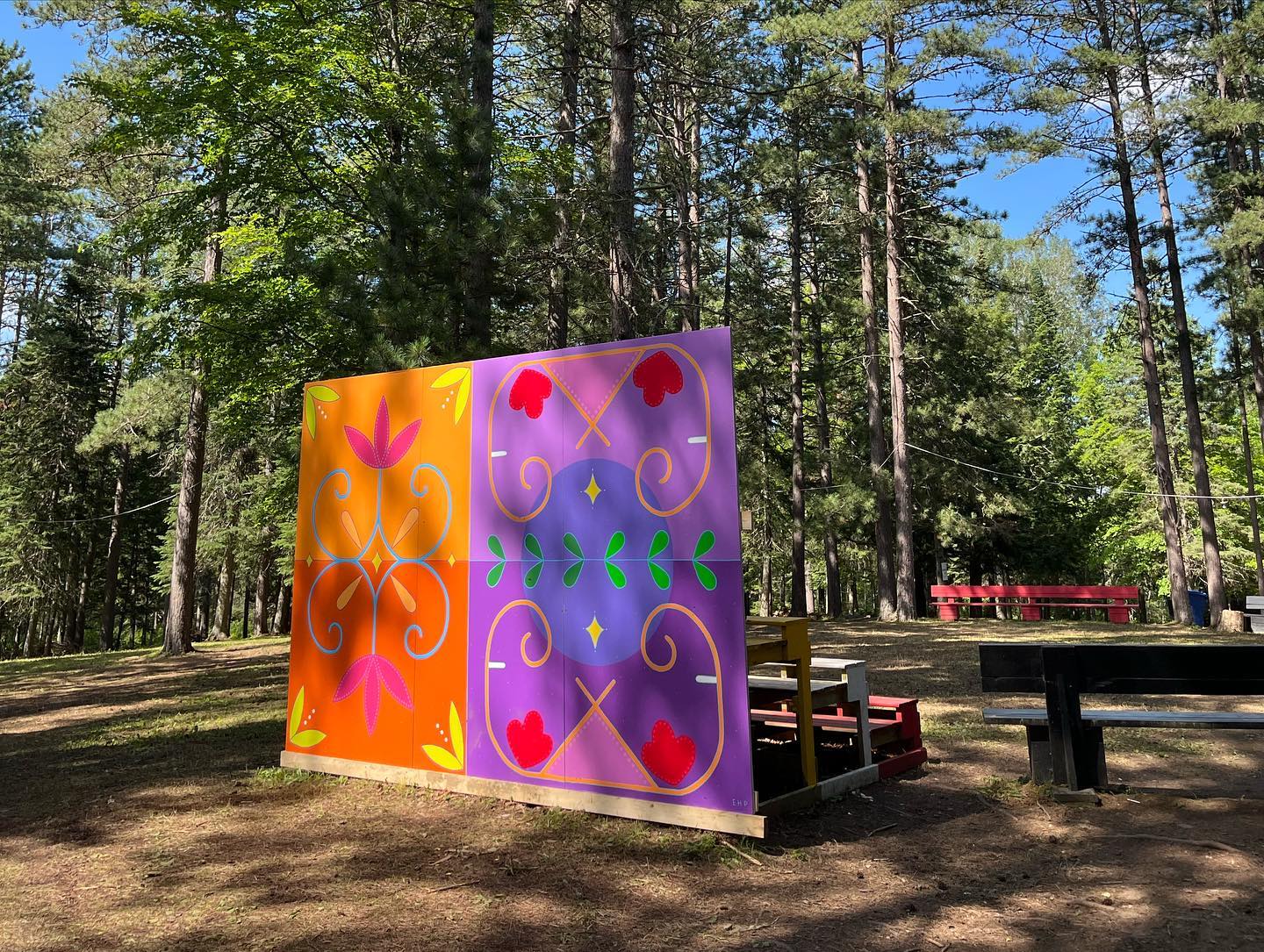
Mudwas Park, Tobique First Nation
Tobique Powwow, (2023)
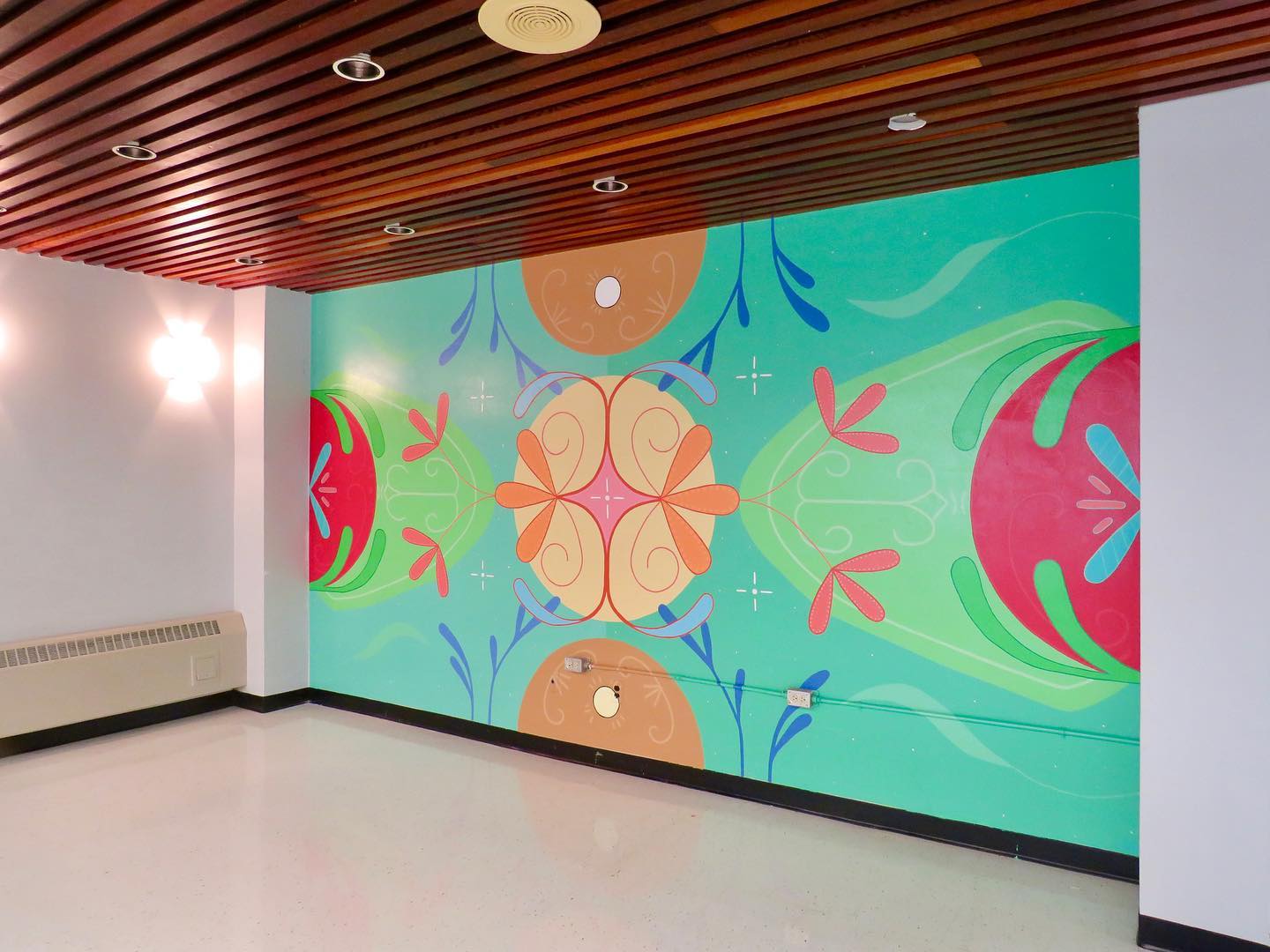
Southern Victoria High School
kcicihtomuwakon (knowledge), (2023)
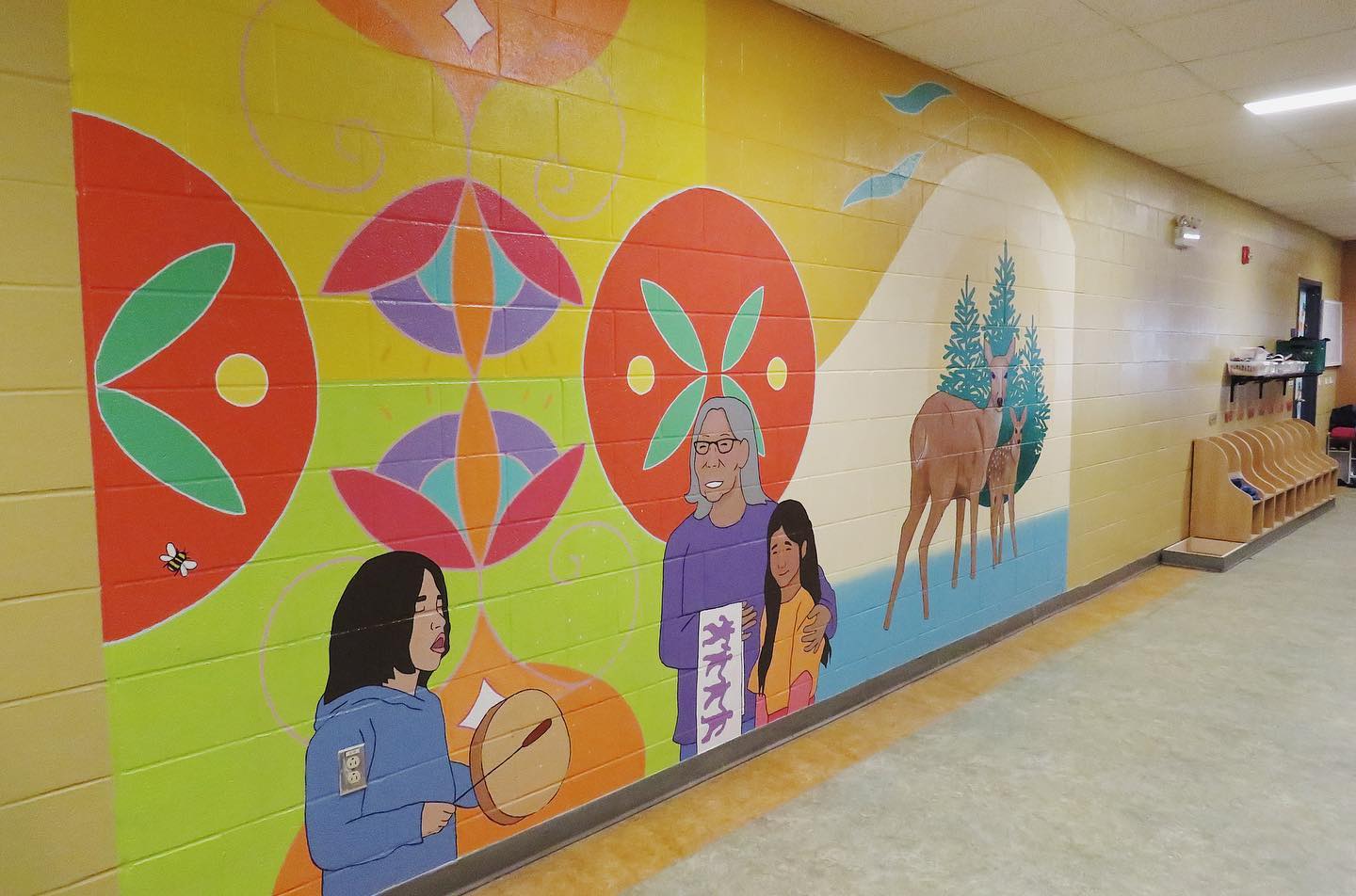
MAHSOS SCHOOL, TOBIQUE FIRST NATION
kakskimuhkahs (iris), (2023)
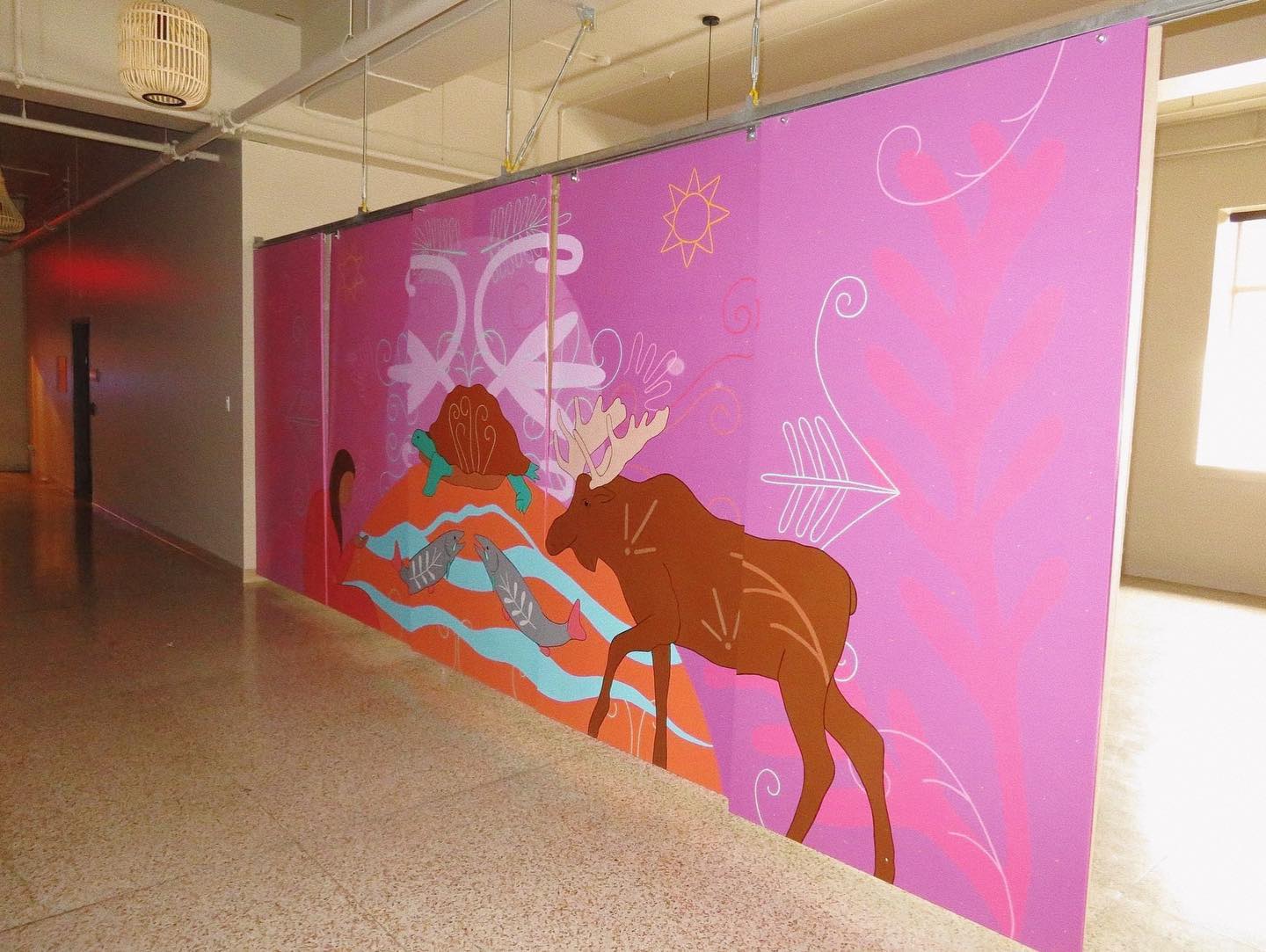
University of Moncton, Edmundston campus
Regenerative Love, (2022)
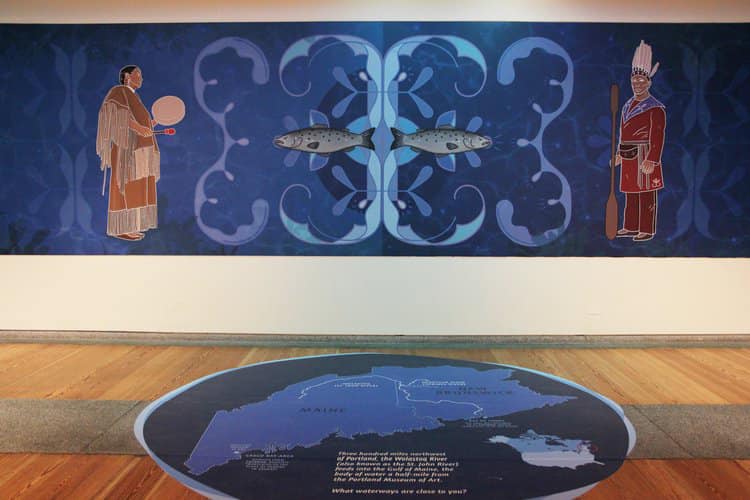
Portland Museum of Art
skitpeq (on the surface of water), (2022)
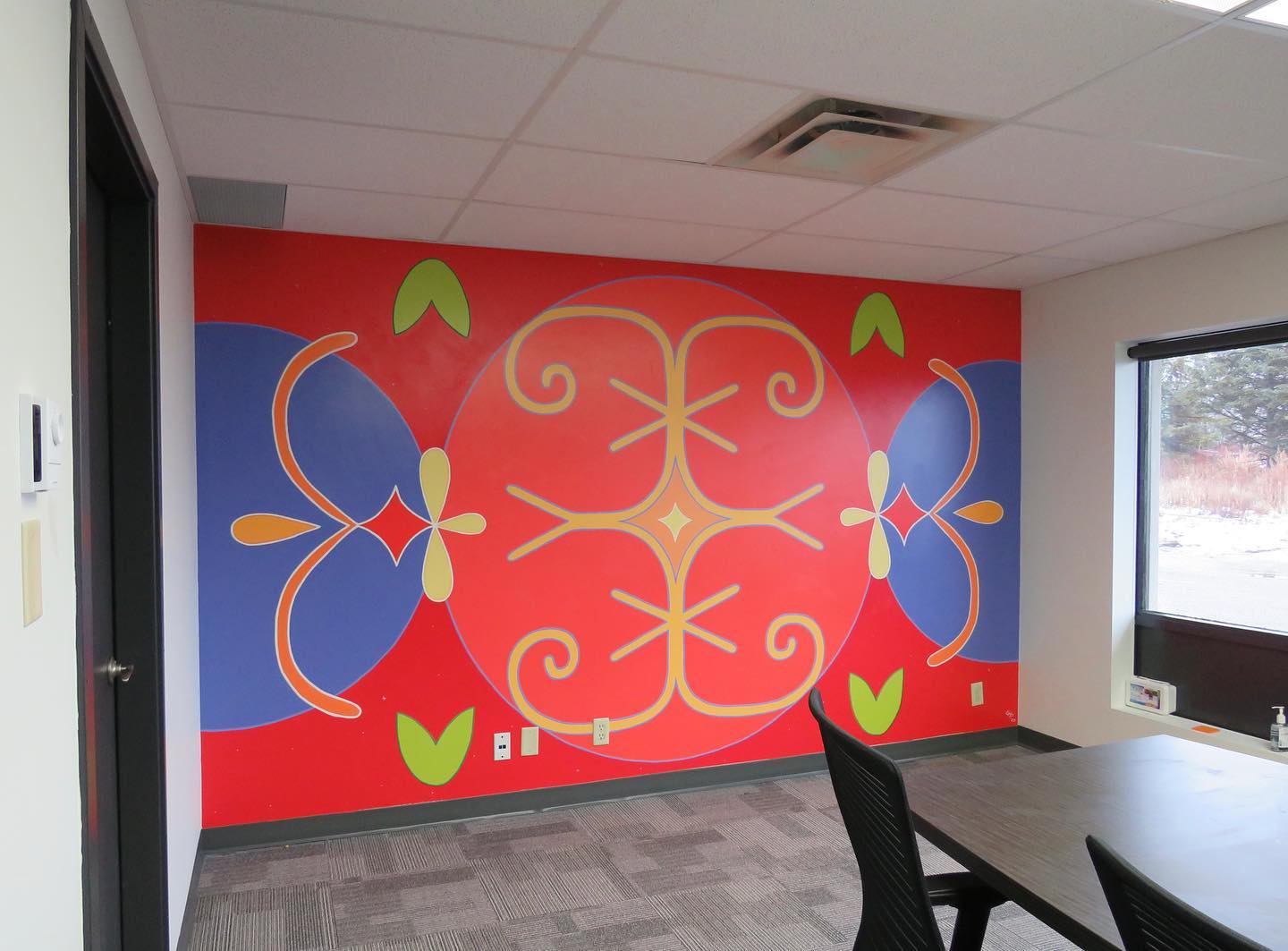
MAWIW INC., Fredericton office
FLOURISH, (2020)
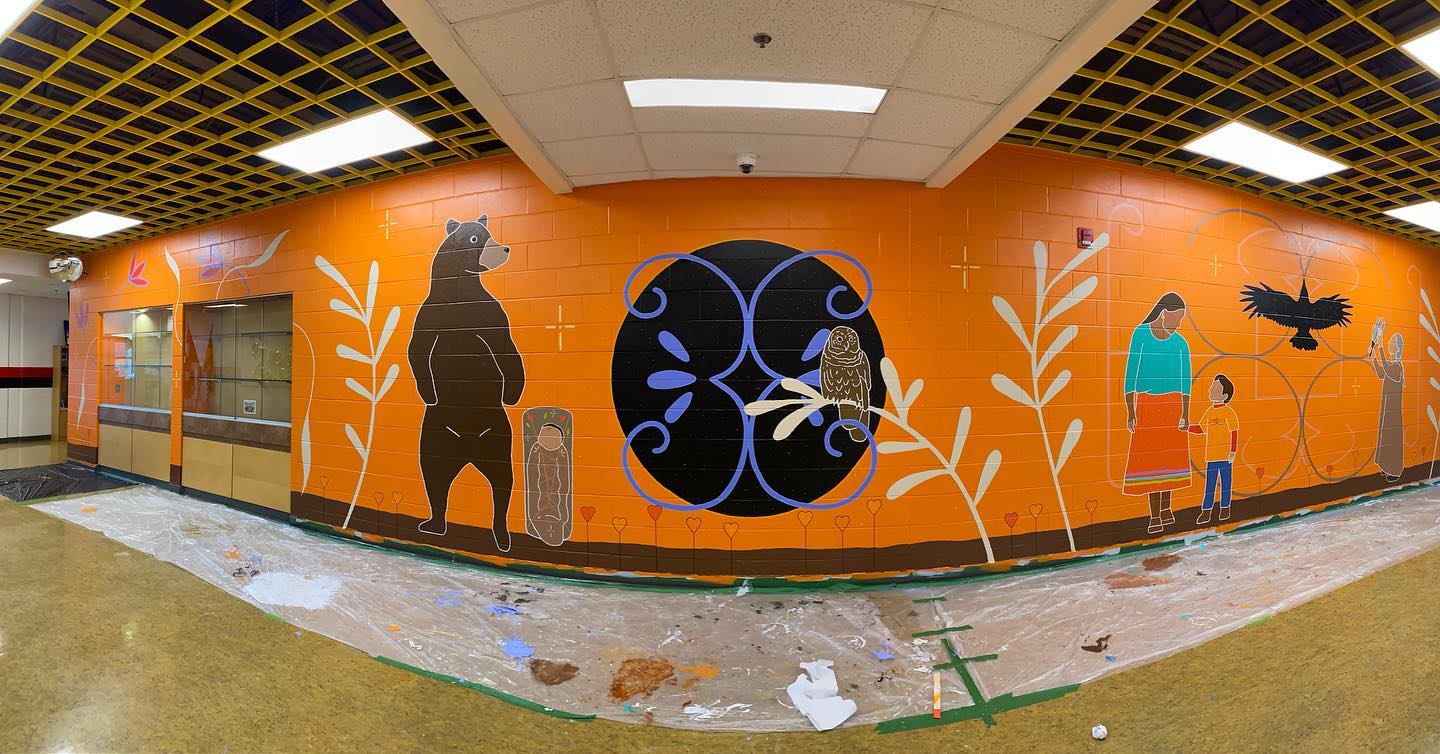
Perth - Andover Middle School
Nit Leyic, 2022
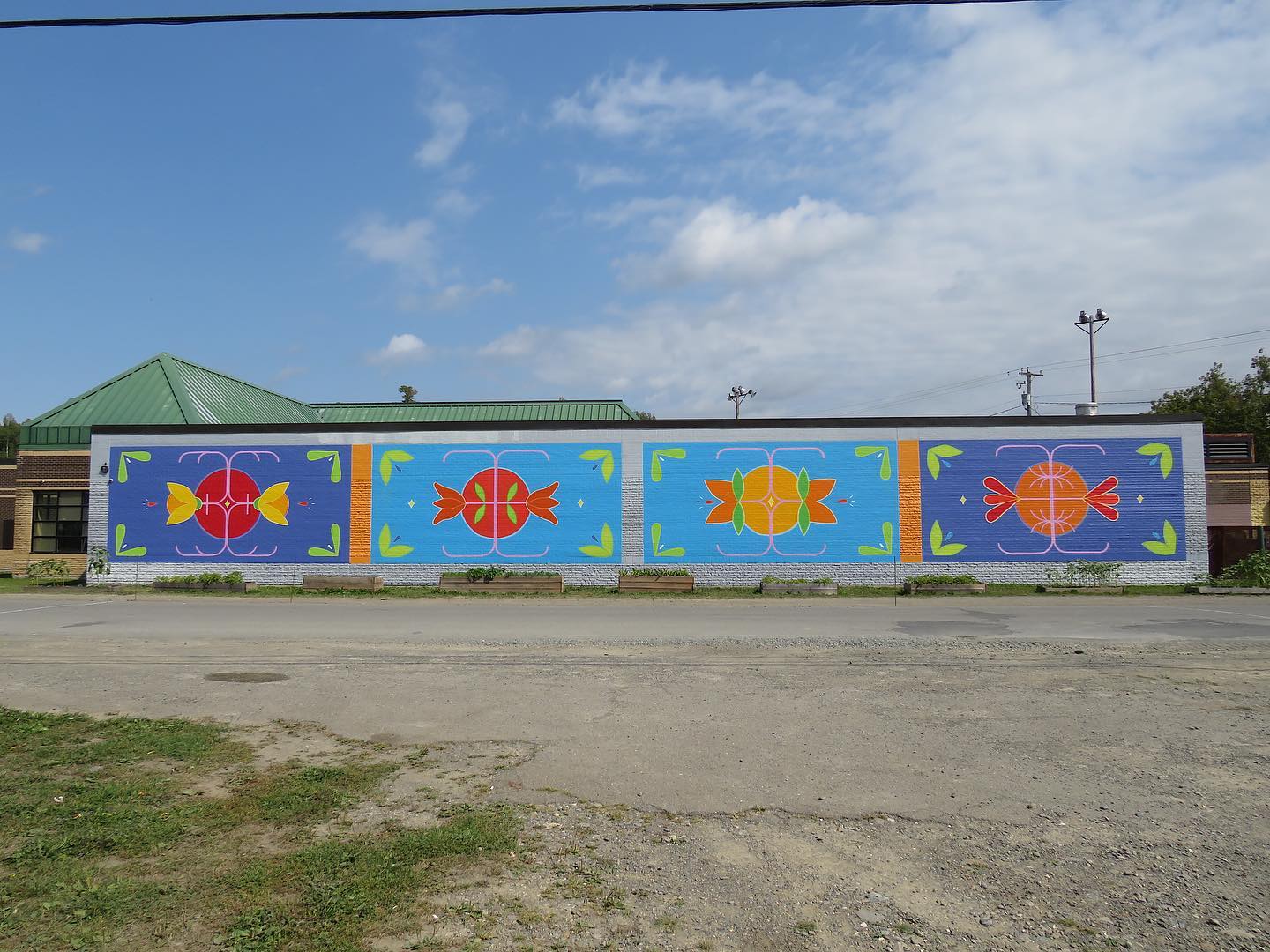
Tobique Youth Center
psqahsuwe (it blooms), 2020

CITY OF FREDERICTON
Wici Kseltomomuwakon (With Love), 2019
Research Projects
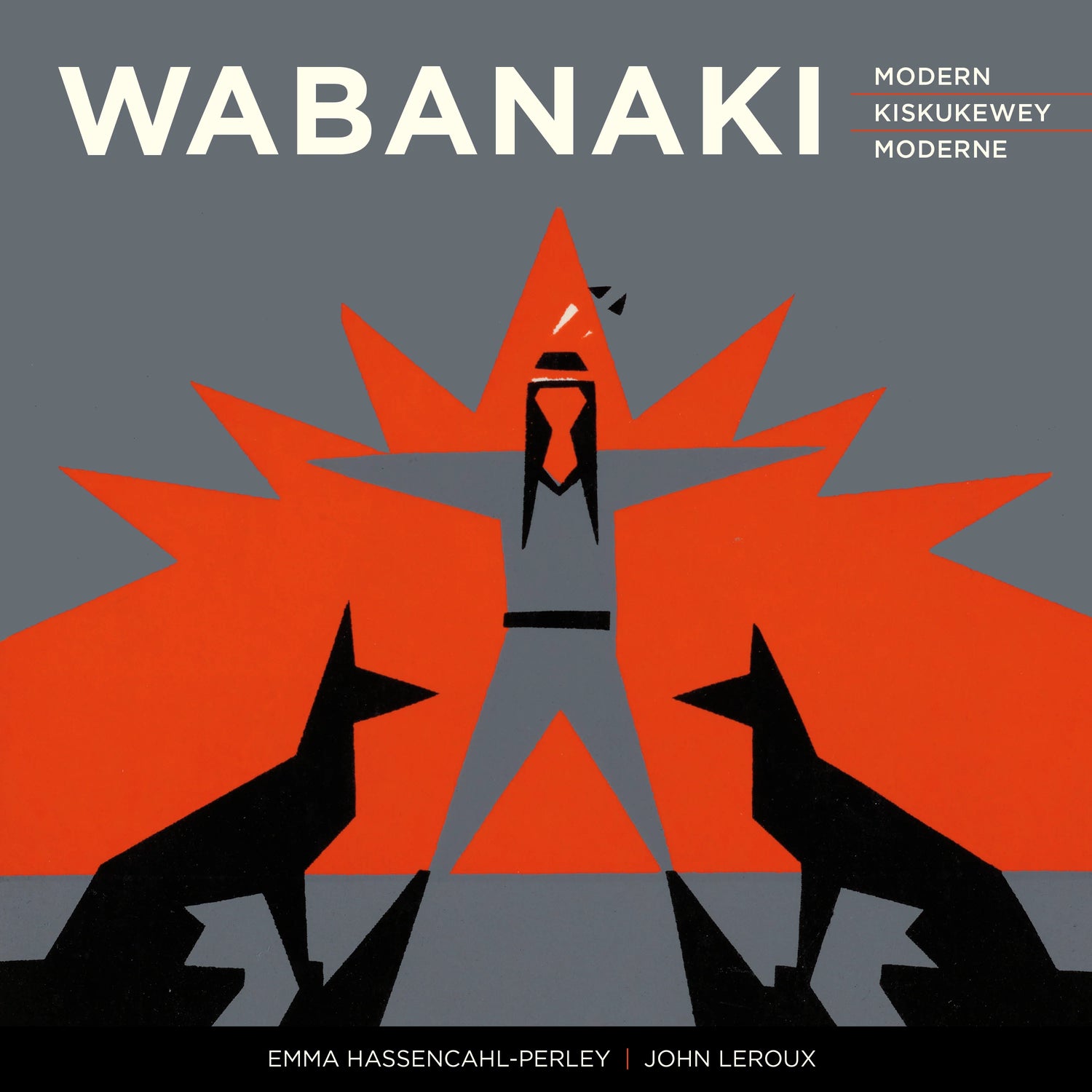
Wabanaki Modern
Winner, Canadian Museums Association Award for Outstanding Achievement (Research) and APMA Best Atlantic Published Book AwardLonglisted, First Nation Communities READ AwardThe story of an overlooked group of cultural visionaries
The “Micmac Indian Craftsmen” of Elsipogtog (then known as Big Cove) rose to national prominence in the early 1960s. At their peak, they were featured in print media from coast to coast, their work was included in books and exhibitions — including at Expo 67 — and their designs were featured on prints, silkscreened notecards, jewelry, tapestries, and even English porcelain.
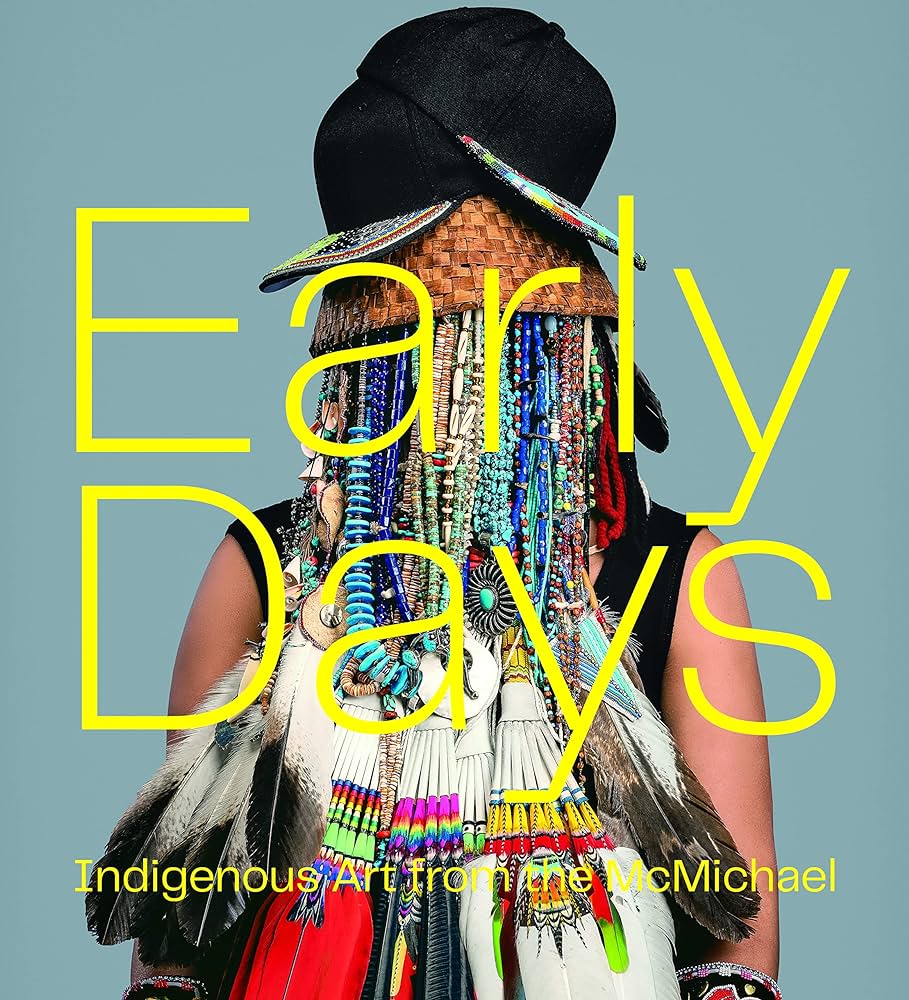
Early Days: Indigenous Art from the McMichael
A landmark publication bringing together more than seventy voices illuminating the rich array of Indigenous art held by the McMichael Canadian Art Collection.
Under the editorial direction of Anishinaabe artist and scholar Bonnie Devine, Early Days gathers the insights of myriad Indigenous cultural stakeholders, informing us on everything from goose hunting techniques, to the history of Northwest Coast mask making, to the emergence of the Woodland style of painting and printmaking, to the challenges of art making in the Arctic, to the latest developments in contemporary art by Indigenous peoples from across Turtle Island.
